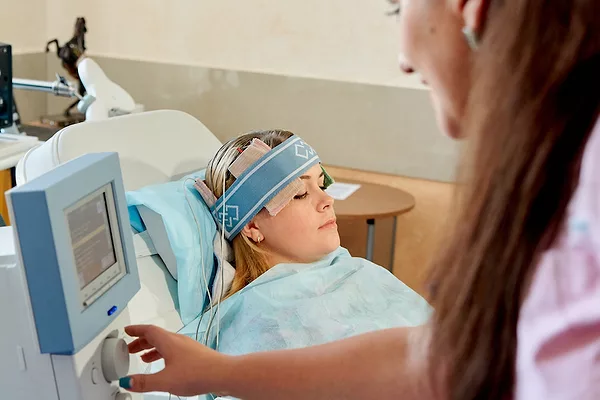Articles by Joshua Feder, MD
Addressing Suicidality in Autistic Children and Teens
Joshua Feder, MD, and Mara Goverman, LCSW, have disclosed no relevant financial or other interests in any commercial companies pertaining to this educational activity.
Valproic Acid (Depakene, Depakote, others) Fact Sheet [G] for Children and Adolescents
Dr. Feder, Dr. Tien, and Dr. Puzantian have no financial relationships with companies related to this material.
Full Fact Sheet Editorial Information
Olanzapine (Lybalvi, Symbyax, Zyprexa) Fact Sheet [G] for Children and Adolescents
Dr. Feder, Dr. Tien, and Dr. Puzantian have no financial relationships with companies related to this material.
Full Fact Sheet Editorial Information
General Tips on Child and Adolescent Psychopharmacology
Dr. Feder, Dr. Tien, and Dr. Puzantian have no financial relationships with companies related to this material.
Full Fact Sheet Editorial Information
Quetiapine (Seroquel, Seroquel XR) Fact Sheet [G] for Children and Adolescents
Dr. Feder, Dr. Tien, and Dr. Puzantian have no financial relationships with companies related to this material.
Full Fact Sheet Editorial Information







_-The-Breakthrough-Antipsychotic-That-Could-Change-Everything.webp?t=1729528747)



